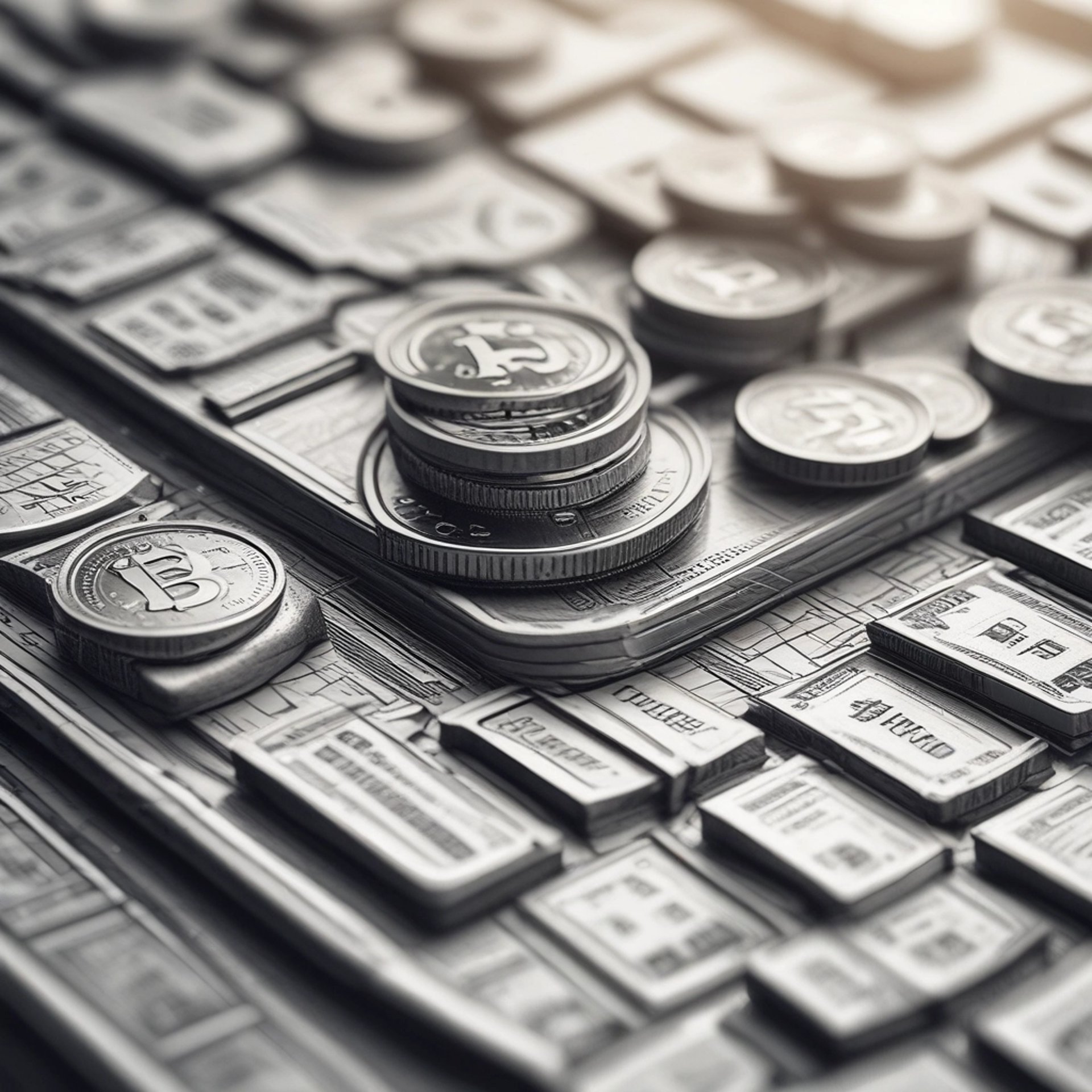
Empowering Your Financial Journey with Bankinfy
Simplifying finance for everyone with expertise in loans, investments, and insurance.
Financial Guidance Simplified
Empowering the Indian middle class with clear insights on personal finance and investment options.
Personal Loans Made Easy
Discover simple solutions for your personal loan needs and financial goals today.
Investing in Mutual Funds
Learn how to invest wisely in mutual funds for better financial growth.
Tax Saving Strategies
Explore effective tax saving strategies to maximize your savings and financial health.

